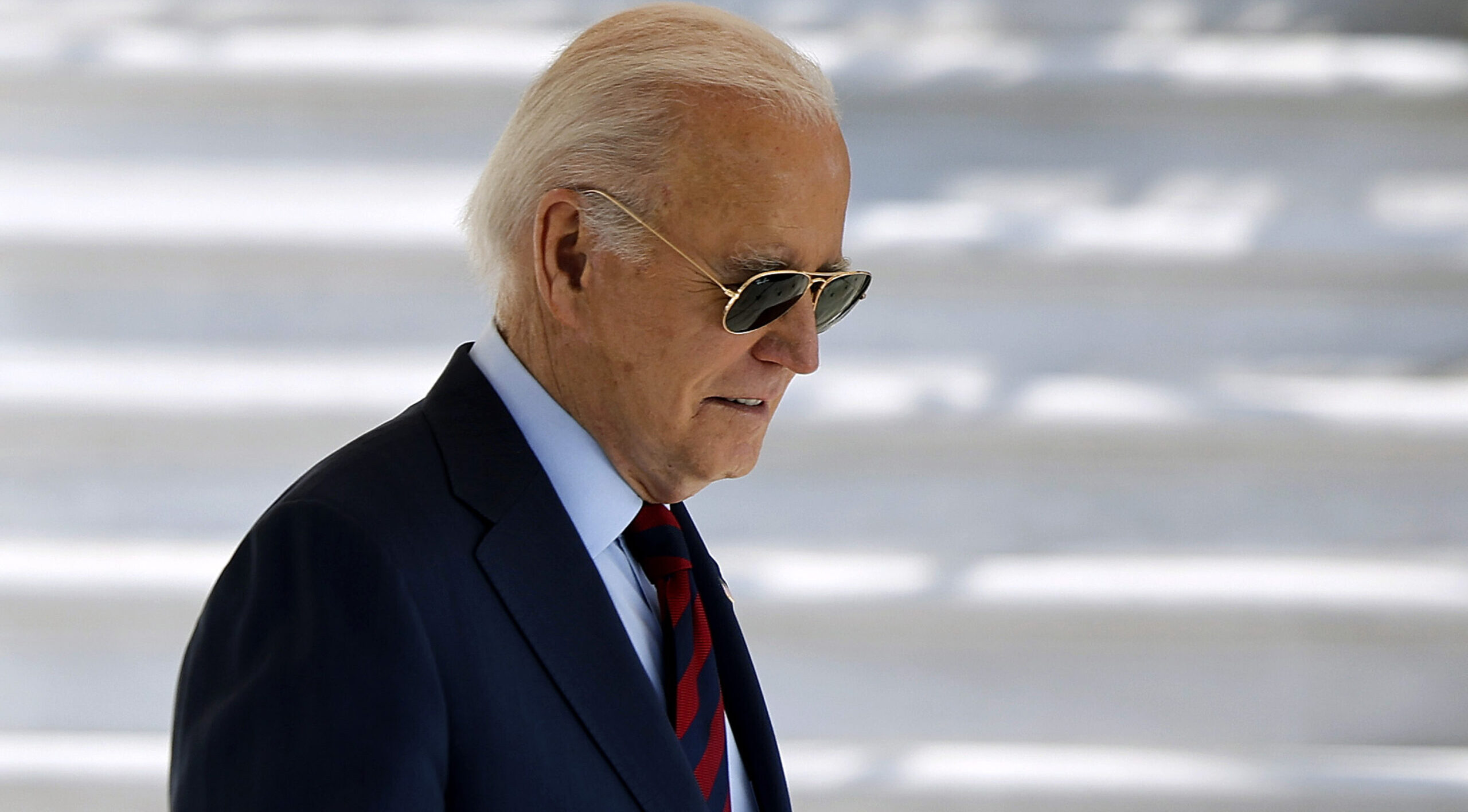Nippon Steel’s bid to purchase US Steel for $14.1 billion has sparked concerns in Washington. The quantity the Japanese company is offering, way above US Steel’s price, is a sweet deal for the American steel champion shareholders. But unions and a coalition of Rust Belt senators like J.D. Vance and John Fetterman see things differently, calling for US regulators to block the agreement.
Yet the controversy around the Nippon deal reveals a broader tension between an economic nationalism that protects American industries and a China hawkishness that depends on strengthening international alliances.
That an American company with “US” in its name would fall into foreign hands is certainly a dent to national pride, but the concerns around this acquisition are not just symbolic. Steel production is a strategic sector deeply connected to the security of vital supply chains and American jobs for industries like construction, automakers and — most importantly — the defence sector. What might happen if a foreign company such as Nippon does not see eye to eye with America’s national interest?
This is complicated by Japan’s longstanding alliance with the US. Japan, due to its technological and industrial capabilities (for the first time in its postwar history, it has agreed to sell advanced air systems to Washington), is an indispensable ally for the US in the frontline against China.
What’s more, Washington is clearly wary of obstructing the growth of one of its ally’s leading companies. This is why President Joe Biden has taken a cautious approach, saying that the deal needs to be seriously scrutinised while welcoming “manufacturers across the world building their futures in America with American jobs and American workers”.
For his part, Nippon Steel’s president Eiji Hashimoto remarked that the goal of this deal is to “exclude China”, giving the free-market world a fighting chance on the steel production front. And he might actually have a point. China is the largest steel producer in the world, and in 2023 the country’s steel production grew for the first time in three years, reaching close to one billion metric tons.
With a general slowdown in its national economy, especially the construction sector, China’s steel producers now have an oversupply that they are dumping into global markets. Indeed, China’s steel exports already rose 35% in 2023, which will likely continue next year. That means that Western companies will be struggling to fend off Chinese competitors in 2024. But if the deal goes through, Nippon Steel will become the world’s second-largest steel producer.
Competing interests and growing protectionist agendas present severe difficulties in economic coordination to counter China. For example, the US faced European discontent with Biden’s Inflation Reduction Act and the challenge it poses to European electric vehicle companies, which are already threatened by Chinese subsidies. But it is also true that, as Oren Cass from American Compass argues, this deal is more proof of America’s own industrial weakness. Indeed, why is it that US Steel is the one being bought by Nippon Steel and not the other way around?
Welcoming foreign capital into America’s industrial economy is always a risky move — especially when it becomes an indispensable lifeline to keep strategic industries afloat. The US may still need to coordinate with its partners to confront China, but that cannot become an excuse to neglect the structural shortcomings of the American economy.
With an election looming and China doubling down on its promise to capture Taiwan, what the Biden administration chooses to do next with US Steel will have major implications — not just for the American economy, but for the global one too.











Join the discussion
Join like minded readers that support our journalism by becoming a paid subscriber
To join the discussion in the comments, become a paid subscriber.
Join like minded readers that support our journalism, read unlimited articles and enjoy other subscriber-only benefits.
Subscribe